The United Nations General Assembly First Committee has included in its three resolutions the notion of "a community of shared future for humankind."
This is the sixth consecutive time that the notion has been included in First Committee resolutions.
The resolutions are "Further Practical Measures for the Prevention of an Arms Race in Outer Space," "No First Placement of Weapons in Outer Space" and "Developments in the Field of Information and Telecommunications in the Context of International Security," which were adopted on Tuesday and Thursday respectively.
During the deliberations, a handful of countries raised questions about the phrase "a community of shared future for humankind" contained in the drafts and demanded separate votes on relevant paragraphs. In the voting, the inclusion of the notion was supported by more than 100 member states on all occasions.
Prior to the voting on Tuesday, Chinese Ambassador for Disarmament Affairs Li Song, also head of the Chinese delegation to the First Committee, noted that the phrase was not rejected by any state in the first two years of its inclusion in resolutions.
"It wasn't until 2019 that certain countries requested separate votes on the relevant paragraphs. This is outright political manipulation," Li said.
These countries are doing so simply because this concept was put forward by China. They are so obsessed with the Cold War mentality and ideological bias that they would oppose anything Chinese. In essence, they are trying to seek supremacy at the United Nations, he said.
"I would like to emphasize that expressions in UN documents reflect the collective wisdom of all member states. They are not the proprietary rights of any country. Today, a handful of countries can vote down anything Chinese, tomorrow they may well obstruct at will other countries' ideas that are positive, constructive and reflecting the shared interests of the broad membership," he said.
This is not the way things should work in the world, let alone in the United Nations, Li said.
"A community of shared future for humankind" is a neutral term without any ideological undertone. This concept is highly consistent with the content of the relevant draft resolutions, he said.
This concept is open, above-board and an embodiment of true multilateralism. It has been widely supported and recognized by the international community, Li said.









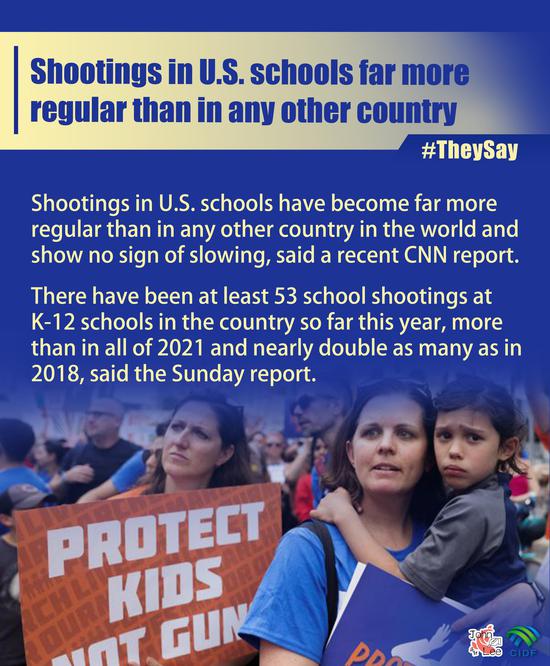
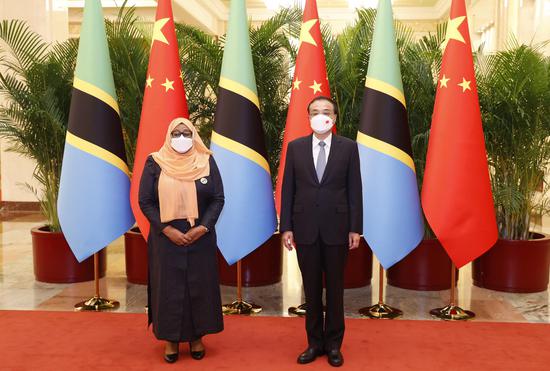








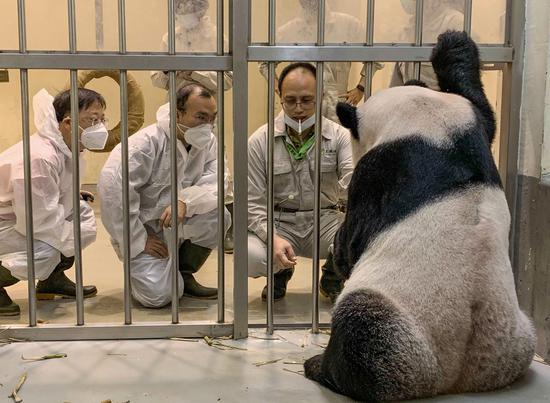





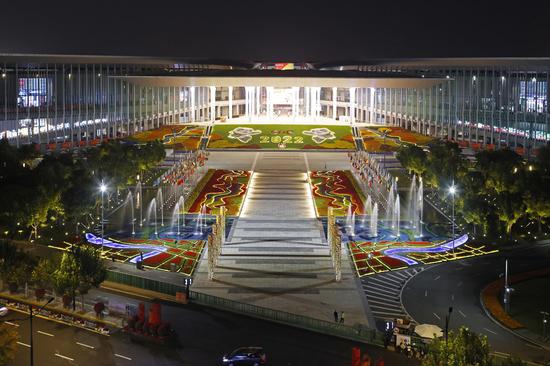






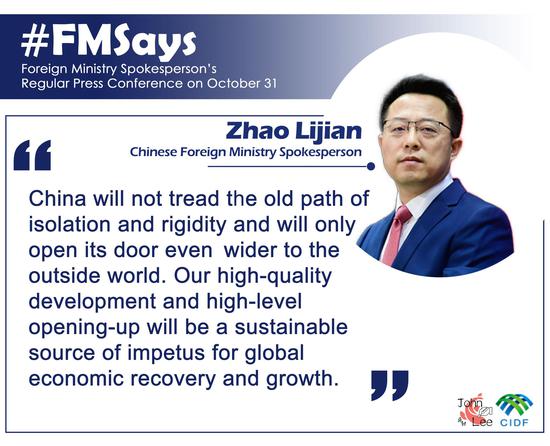




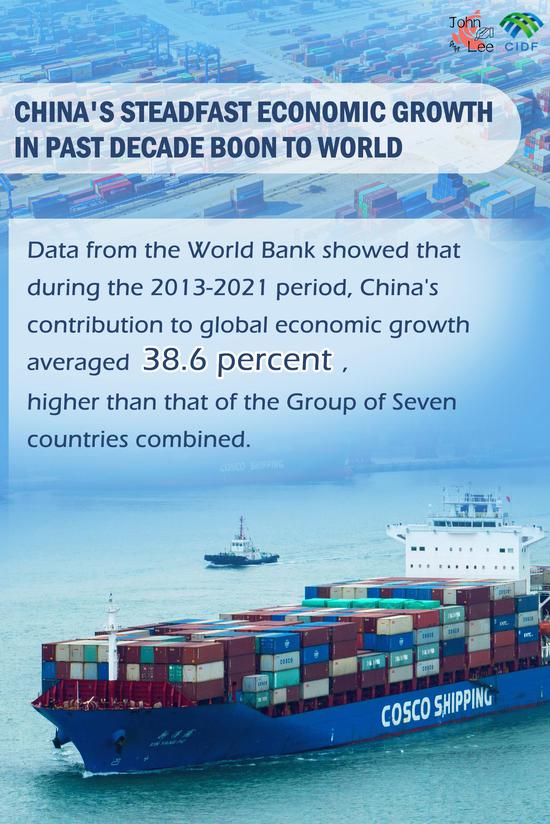
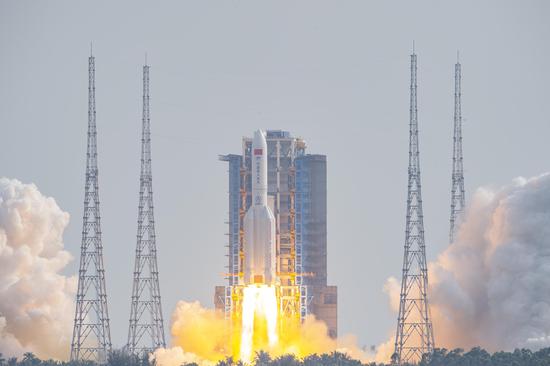











 京公网安备 11010202009201号
京公网安备 11010202009201号